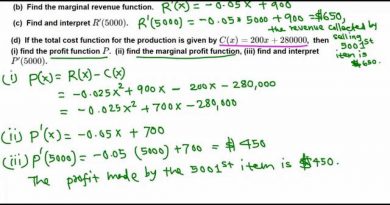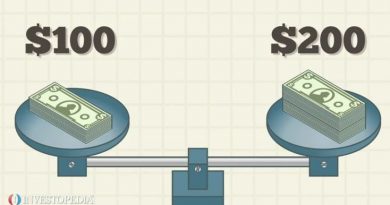Variable Prepaid Forward Contract Overview

Contents
Variable Prepaid Forward Contract Overview
The Variable Prepaid Forward Contract: An Overview
A variable prepaid forward contract is a strategy used by stockholders to cash in some or all of their shares while deferring the taxes owed on the capital gains. The sale agreement is not immediately finalized but the stockholder collects the money.
This strategy is typically used by investors who own a large number of shares in a single company and want to raise cash while postponing taxes.
Understanding the Variable Prepaid Forward Contract
A typical user of a variable prepaid forward contract might be a founder or top executive of a corporation who has accumulated a large amount of company stock. That person might want to diversify their concentrated investments, lock in profits in the stock, or raise a large amount of cash.
Key Takeaways
- This strategy allows a large shareholder to cash in while postponing taxes on capital gains.
- The sale is not finalized, providing an advantage for holders of stock options with a later exercise date.
- The strategy is controversial and tends to draw IRS scrutiny.
A variable prepaid forward contract allows that person to sell the stock to a brokerage company. The investor is immediately paid between 75% and 90% of the current value of the stock, but the transaction is not finalized. Until it is finalized, the taxes on the capital gains are not due. At that time, the stockholder turns over the shares or the cash equivalent, with a price range set in advance to protect against a substantial loss.
The practice is particularly useful under certain circumstances. For instance, some executives who are granted stock options are prohibited from selling them for a certain period of time. Also, a large stock transaction by a company insider at any time makes investors nervous. The variable prepaid forward contract neatly circumvents these obstacles.
Since the contract establishes a floor and ceiling price on the final transaction, it also protects the investor from a heavy loss if the stock gains dramatically in value before the transaction is finalized.
Needless to say, this practice is controversial and some think it should not be allowed.
Technically, a prepaid variable forward contract is a collar strategy, which is a bundled long put option and short call option on a security. However, it has a third element: the monetization of the transaction in the form of a loan against the underlying security. While once fairly sophisticated, these types of strategies have become more commonplace thanks to advancements in financial engineering.
The strategy also tends to draw the attention of the IRS and financial journalists. In 2011, The New York Times ran a front-page feature highlighting how Ronald Lauder, the Estée Lauder cosmetics heir, was "artfully sheltering" his compensation through a prepaid variable forward contract. With executive pay at many multiples of the average employees’ compensation levels, these types of strategies are popular targets for scrutiny.



